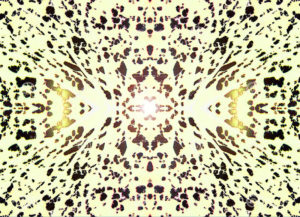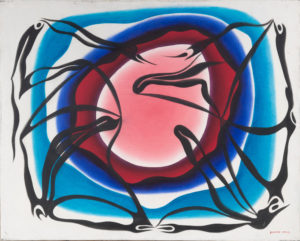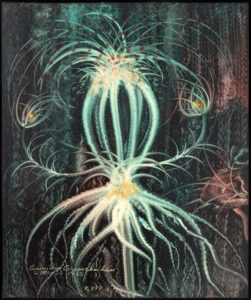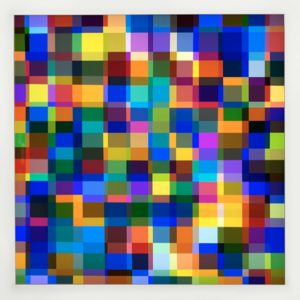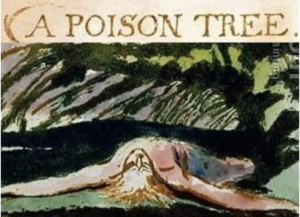It is only in isolate flecks that
something
is given offNo one
to witness
and adjust, no one to drive the car—William Carlos Williams
21 March 2020
What I am to think about, in a room with others, is the nature of Zero Hour—our new life. Our colloquy is an opening to that question.
22 March 2020
The poet often sees oneself as an isolato, “a person who is physically or spiritually isolated from others.” We are collectively isolated, as well.
This is the common condition we have sequestered ourselves within. These are the occasions for what I am now writing: here begin.
23 March 2020
Putting on Vivaldi to get the morning started, I recognize the theme music Delta Airlines uses on its transatlantic flights, to CDG, FRA, or AMS.
Homeless panhandler on corner of southbound Lodge offramp and Forrest reaches out without direction as I round the corner, and falls over.
“With history piling up so fast, almost every day is the anniversary of something awful.” Under this rubric I find words I intend to use . . .
24 March 2020
Imagining our isolation through multiple visual maps: blue and gray dots colliding; exponential curves ticking upward; geography filling in at a rate.
The graph of deaths doubling every two days, every three or five days, every ten days—these are abstractions, what do they mean in the event?
Although concern increases with the incidence of disease, the percentage gap in belief stays constant at about 40% between red and blue states.
Am I a nonperson in a mask and hat, or the announcement of a social order to come? The learning curve for what counts as human is constant. … More
